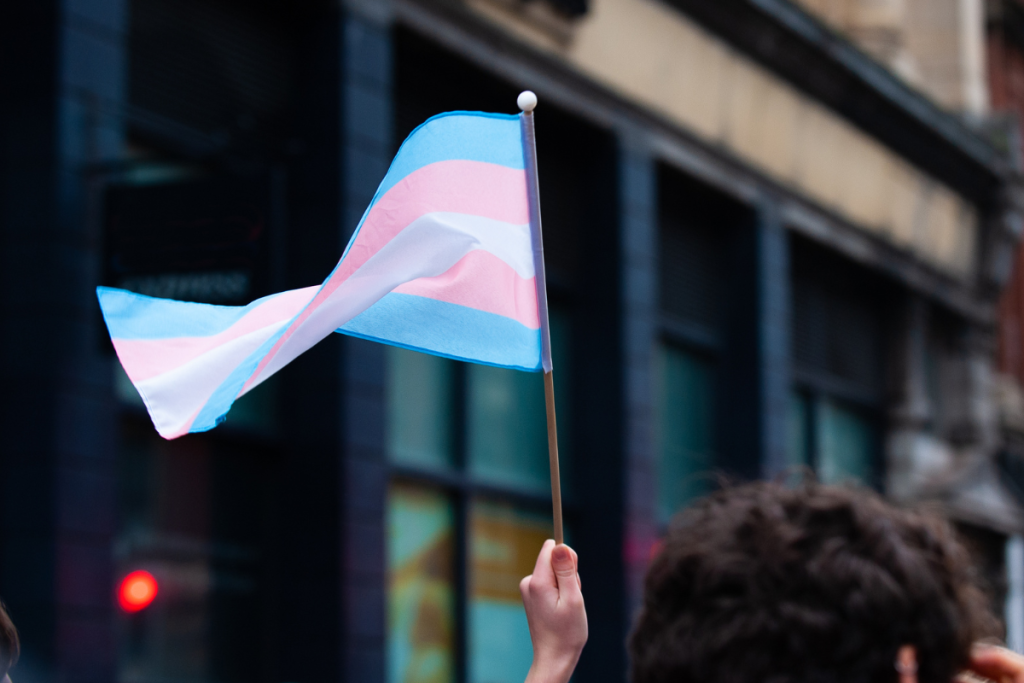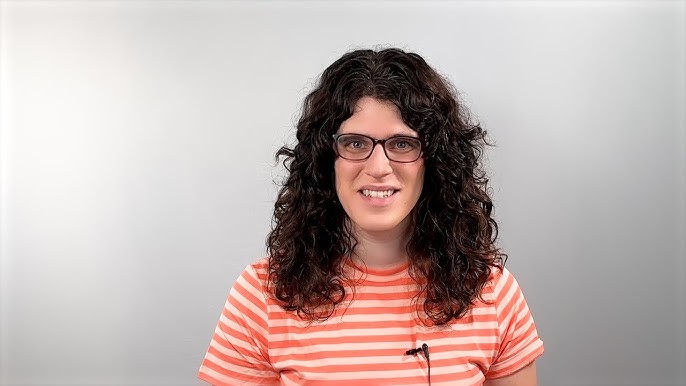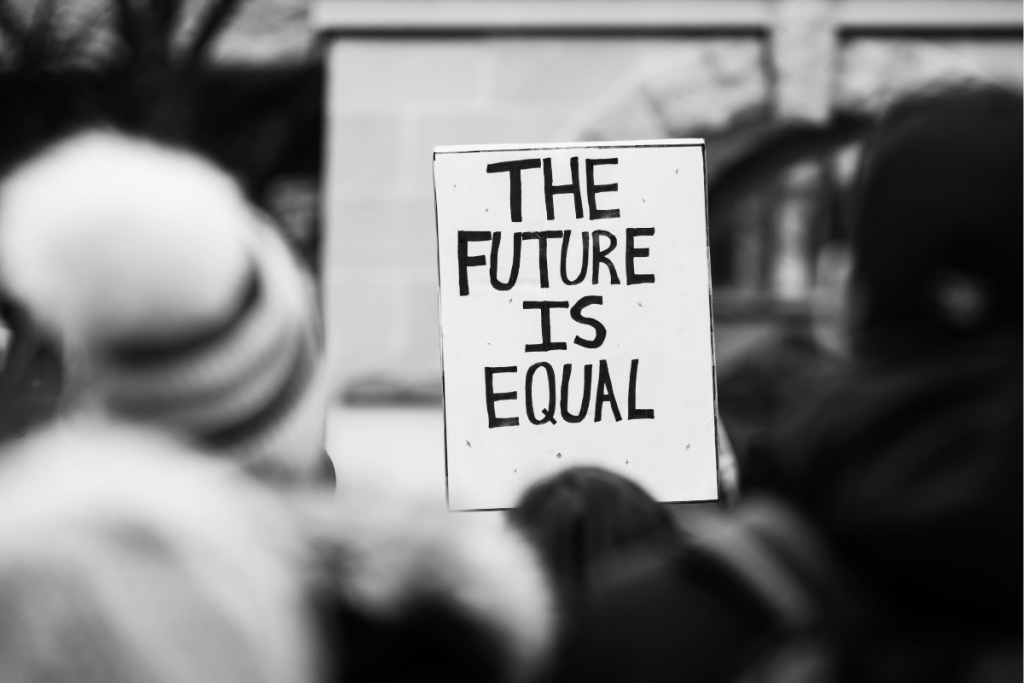As I sit down to write this article, the weight of the topic at hand is not lost on me. Engaging in trans rights dialogue in Canada, especially as someone who is not trans, feels like navigating a minefield. Personally, I feel a responsibility to lend my voice to support a marginalized community but I also need to ensure that the narrative remains theirs to tell. And frankly it’s natural to feel this way. Weighing in on such a deeply personal experience feels wrong, akin to men debating women’s reproductive rights.
As with most things these days though, deeply personal decisions regarding identity and choice have become fodder in the left/right discourse. Suggest that people have a right to gender-affirming care and you’re automatically shouted down as a pedophile or mutilator. On the flip side, seek to learn if puberty blockers are safe, or question a trans narrative, and you’re an unhinged bigoted conspiracy theorist. Rinse, repeat, and never the twain shall meet, or something like that.
While I maintain that this discussion is not really ours to have, but rather one that belongs between families and doctors, here we are. A powerful reminder that, despite the strides we’ve made towards inclusivity and acceptance, there’s always someone seeking to undermine these advances. The actions and inflammatory statements of politicians like Blaine Higgs, Pierre Poilievre, and Danielle Smith have thrown gasoline on Canada’s already growing culture wars, and it often feels like there is no centre to be found.
For me, standing in solidarity with trans individuals is non-negotiable. The very essence of our shared humanity—our emotions, our intellect, our desires for love and connection—is universal, transcending gender identities. The vast majority of us find comfort and security in our own identities yet many trans people in Canada are deprived of this basic assurance. Their lived experiences are relegated to topics of public debate, scrutinized and dissected by those who wield power, yet lack firsthand understanding. The daily uncertainties—ranging from personal safety threats to employment challenges, legal hurdles, and being pawns in political agendas—cast a long shadow over their existence.

Just as I’d question the authenticity of a white person explaining the black experience, I’m wary of straight individuals dictating the nuances of trans issues. Instead, I turn to voices like Rowan Jetté Knox and Fae Johnstone, whose perspectives some might label as extreme. Yet, in a world where one’s very identity is under siege, their fervour doesn’t seem excessive to me at all; it’s a natural response to the fear for their future.
Julia Malott knows this fear all too well, facing similar dangers as other vocal trans advocates. However, her unique position—neither fully embraced by the left nor the right—offers her a distinct perspective. Julia leverages this outlier status not as a hindrance but as a strategic opportunity to connect with the vast, often silent, Canadian middle. Her mission is simple yet profound: to cultivate a realm of discourse that bridges gaps rather than widening them, creating an environment where inquiries are welcomed with insight rather than disdain.

Her commitment to this cause is evident in her choice to contribute to The National Post, a platform well known for its conservative leanings. This decision, far from being contradictory, underscores her intention to reach an audience that might be on the fringes of the trans rights conversation. By bringing her voice to such a space, Julia challenges the echo chambers that often stifle productive discourse, advocating for a more inclusive, informed dialogue that bridges ideological divides.
In my heart, I believe that most Canadians don’t wake up thinking about crushing trans rights. The majority would rather be addressing the things that impact us all like climate, healthcare, education, and the economy. But when media and politicians spend so much time sucking us into the conversation, it’s natural that people have questions, and sadly this is where we lose people. Ask the “wrong” question and one side will cancel you and the other will embrace you, and from there on all dialogue moves to shouting across a widening chasm.

So if you’re not sure what to think about trans issues, and seek to understand I invite you to take the time and listen to this conversation with Julia. It might just change the way you think about trans issues, moving us closer to a society where empathy and understanding aren’t casualties in the culture wars.